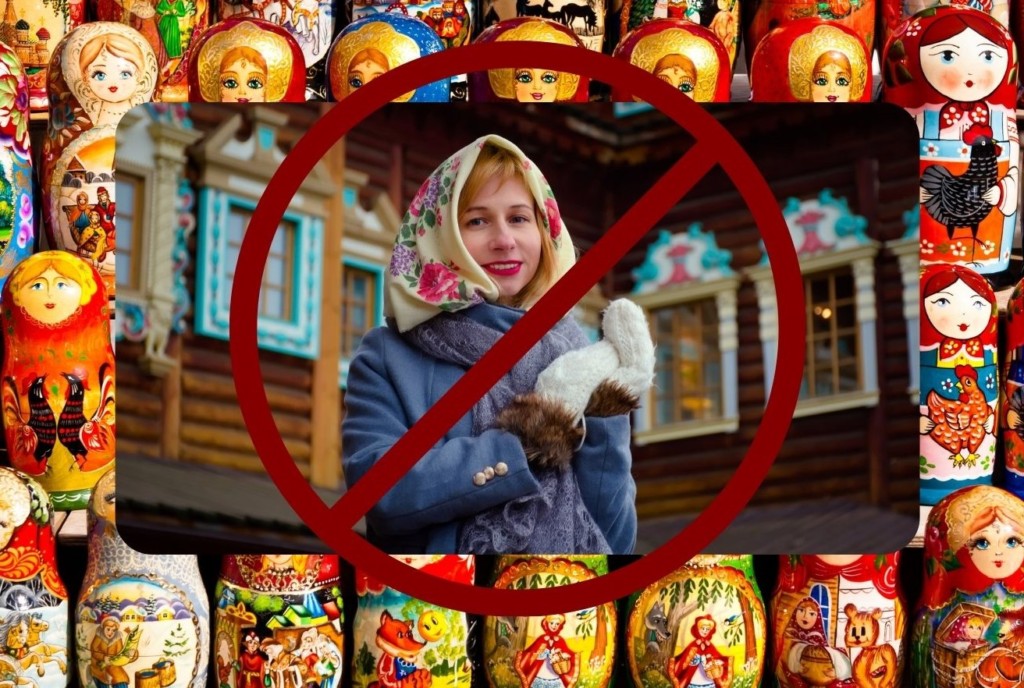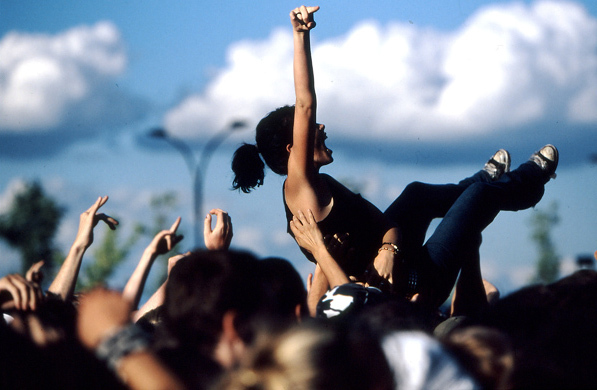
Suddenly, it’s neither absurd nor unjustified to target the random Russian by-happenstance as if they authorized the invasion.
There is nuance for any group and separation from their government provided they’re not Russian
By Matthew Fraser, Editor in Chief
Just last year we were all united by a simple slogan: Stop Asian Hate. Just last year we looked at the rhetoric that motivated some to blame the Chinese—if not all Asians universally—for the ravages of the COVID-19 pandemic as abhorrent. Just last year we were sickened when a gunman shot and killed six Asian women in Atlanta. All of that made sense last year, but as the calendar rolled from one year to the next, the lessons that we had learned were soon forgotten.
I am reminded of one of the most shameful portions of Canadian history when Japanese internment camps flourished. Canada—alongside our southern neighbour the United States—confiscated the land, homes, and properties of Japanese people simply because they were Japanese. Amid WW2, it was thought reasonable and acceptable to hold all Japanese people under suspicion of being government agents and clandestine soldiers. It took decades of retelling and petitioning for someone to apologize to the survivors and their children for the wrongs that were done to them. I am reminded now that we once knew how wrong the targeting of civilians for the actions of their government once was.
Worst still, I am reminded of the scorn and anger heaped on the Boycott, Divest, and Sanction movement (BDS) every day. Our Prime Minister has stated that any support for BDS is in fact antisemitic, numerous states across America have passed laws enshrining this as so; even the European Union has seen this idea manifested and hardened leveraged against legitimate protests of atrocities.
And yet, this connection has not been made in the minds of much of the public. As Israeli-born writer and musician, Jonathan Ofir points out in Mondoweiss, “boycotts, divestments and sanctions against Russia are met with western understanding and seen as showing moral backbone, BDS in favour of Palestinian rights is framed as bigoted.” If you were to ask your friend who last year posted #StopAsianHate if they would eat at a Russian Teahouse this year, they’d likely recoil in horror. Suddenly, it’s neither absurd nor unjustified to target the random Russian by-happenstance as if they authorized the invasion.
Undoubtedly, someone will think I am being hyperbolic, but this is the truth. On March 1, The Guardian posted an article detailing the bans and cancellations that have befallen Russian citizens who were engaged to perform abroad. Eurovision banned Russians from singing in its competition; Moscow’s Bolshoi Ballet has been removed from its planned summer season at The Royal Opera House at the same time that the Russian State Ballet of Siberia has had its performances nixed by multiple theatres.
NPR reports that a Russian Pianist named Alexander Malofeev has had his planned Canadian concert tour dissolved despite his open and clear denunciation of the war in Ukraine. In his comments on the war, Malofeev states clearly: “The truth is that every Russian will feel guilty for decades because of the terrible and bloody decision that none of us could influence and predict.” But that was not enough for organizers. When pressed further on his stance on the war, Malofeev points out the real and clear threat of speaking out against the totalitarian Putin regime: “I feel very uncomfortable about this and also think that it can affect my family in Russia.”
It is somehow forgotten that the same Putin who has been credibly accused of having political dissidents and enemies (or even journalists) killed, can make life a living hell for the families of Russians who speak out against him abroad. CTV News points out that Russians who speak out against the war risk up to 15 years in prison following a new law. Meaning a tennis star like Daniil Medvedev risks nearly two decades in prison if he does not assure Wimbledon that he does not support Putin.
Certainly, this is not to say that there are no Russians who should be boycotted for their stance and histories. The Guardian reports a Russian gymnast named Ivan Kuliak who wore a ‘Z’ on his uniform while accepting a medal after a competition. The ‘Z’ is a symbol that has been painted on Russian military equipment including tanks and has since been adopted by pro-Putin and pro-war elements of the Russian population. He also chose to do this while standing next to the Ukrainian gold medalist of the event. Russian conductor Valery Gergiev who has long been a close friend of Putin and openly supported the annexation of Crimea has seen his concerts cancelled as well.
But for any moment that these individual condemnations and acts of opposition are warranted, many are completely unjust. On March 5 Global News reported the vandalization of a Russian community centre with blue and yellow paint. Just four days earlier, CTV News reported the vandalism of a Russian Orthodox Church with red paint. Not even the dead are spared from this outflow of animosity as an Italian university initially cancelled a series on Fyodor Dostoevsky due to his evil and undying Russianness. Even Yuri Gagarin, the first man in space has had to face the consequences of the sin of being born Russian. Who would have known that a man who died when Putin was but 16 years old would have his legacy relegated to the unsavoury corner because of Putin’s actions.
Mayhaps the real lesson of the world is that intolerance and prejudice move faster than recollection. The lesson that should be remembered is that understanding and remorse for victims of the past does not translate to better behaviour towards the random individual cursed to be born under the flag of a new enemy. If anything, the words of Russian novelist Aleksandr Solzhenitsyn ring true once more: “It’s [a] universal law—intolerance is the first sign of an inadequate education. An ill-educated person behaves with arrogant impatience, whereas truly profound education breeds humility.”
I only hope that the hatred du jour does not soon turn to him too.


